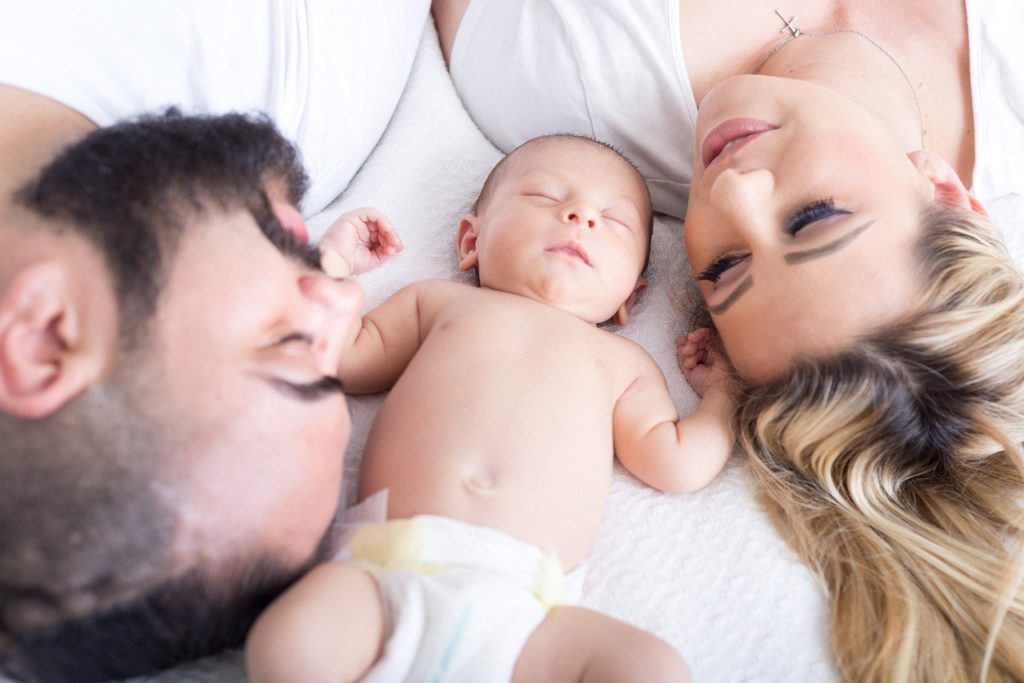Co-sleeping, or sleeping in the same bed or room as your baby, is a practice that has been around for centuries. However, it’s a topic that has sparked a lot of debate among parents, experts, and healthcare providers. In this post, we’ll explore the pros and cons of co-sleeping with your baby, so you can make an informed decision for your family.
Pros of Co-Sleeping
Promotes bonding
Co-sleeping can help promote bonding between you and your baby, as you’re physically close to each other throughout the night. It can also make it easier to breastfeed your baby, as you’ll be able to nurse on demand.
Easier nighttime feedings
With your baby close by, you’ll be able to respond quickly to their nighttime feedings and comfort them as needed. This can lead to better sleep for both you and your baby, as you won’t have to get out of bed or go to a separate room to tend to them.
Provides a sense of security
For some babies, sleeping in the same bed or room as their parents can provide a sense of security and comfort, leading to better sleep. It can also reduce the risk of sudden infant death syndrome (SIDS), as the baby is sleeping in close proximity to their caregiver.
Facilitates easier monitoring
When you’re sleeping in the same room as your baby, you can easily monitor them for any signs of distress or discomfort. This can give you peace of mind and allow you to respond quickly to their needs.
Cons of Co-Sleeping
Increased risk of suffocation or accidents
One of the biggest concerns with co-sleeping is the risk of suffocation or accidents. This is especially true if parents are under the influence of drugs or alcohol, if the baby is sleeping on an unsafe surface, or if there are loose blankets or pillows in the bed.
Disruptive sleep
Co-sleeping can lead to disrupted sleep for both parents and babies. The sounds and movements of one person can easily disturb the other, leading to less restful sleep overall.
Lack of independence
Co-sleeping can make it harder for babies to learn how to sleep independently. They may become reliant on being close to their parents in order to sleep, making it harder to transition to sleeping on their own later on.
Cultural and societal pressures
There may be cultural or societal pressures against co-sleeping, which can lead to judgment or criticism from others. This can add stress and anxiety to an already challenging time for new parents.
Conclusion
Co-sleeping can be a wonderful way to promote bonding and facilitate easier nighttime feedings with your baby. However, it’s important to consider the potential risks and drawbacks before deciding if it’s the right choice for your family. Ultimately, the decision of whether or not to co-sleep should be based on what works best for you and your baby, taking into account safety, comfort, and individual needs and preferences.

